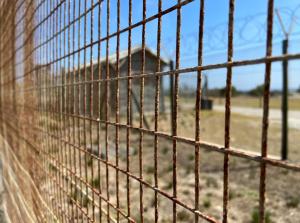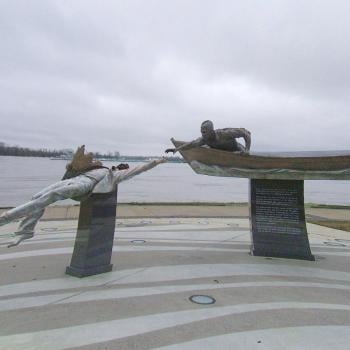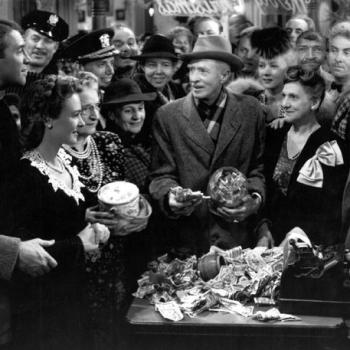
On March 21, 1960, a group of South African men from the township of Sharpeville, south of Johannesburg, chose to stage a protest of the country’s requirement that black South Africans carry “passbooks” to regulate their movement into and through the major cities. The law requiring “passbooks,” just one symbol of South Africa’s segregationist apartheid policies, mandated that black South Africans over the age of 16 carry identification, employment authorization, and authorization to move between the black townships to the cities. Major cities in South Africa were still largely inhabited by descendants of the country’s Dutch and British colonizers.
The planned protest against the “passbook” law was that the black South Africans leave their passbooks at home and march to the police precinct to turn themselves in for arrest for civil disobedience against the country’s segregation laws. While details differ about what prompted the violence that took place that day, what seems to be undisputed is that police fired upon unarmed black protesters as they approached the police precinct, killing 69 and injuring about 180 others.
What happened in Sharpeville on March 21, 1960 didn’t look much different than Civil Rights protests in the United States in the 1950s and 1960s and the quest for desegregation in this country. Leaders like Rev. Dr. Martin Luther King, Jr., skilled in nonviolence and preaching nonviolence among protesters, led marches singing hymns and kneeling for prayers. Their peaceful, nonviolent protests were not met with peace; their protests were met with violence – fire hoses, dogs, batons, beatings – at the hands of law enforcement whose job it was to serve and protect. Perhaps some of the most striking images from the Civil Rights Movement in the United States are the images of activist, and later Congressman John Lewis being beaten by Alabama State Troopers as peaceful, hymn-singing protesters hoped to make their way across Selma’s Edmund Pettus Bridge on the way to Montgomery’s State Capitol.
It may well be that calls for justice are never and can never be met with peaceful responses. Seeking justice where justice is not requires change. And that change may leave some persons from whom justice is sought feeling that they have been “shortchanged” or have had to give something up in order for neighbors to experience that justice. If peaceful protests are met with violence and inaction, how should protesters respond? Will there be a boiling point at which those seeking justice feel that those from whom justice is sought are inattentive to the pleas?
Calls for justice continue – throughout our world. How will those calls for justice be met? What will God’s people do to bring about healing?
He has told you, O mortal, what is good;
and what does the Lord require of you
but to do justice, and to love kindness,
and to walk humbly with your God? (Micah 6:8)
Here in the United States, I believe we have to be willing to come to the table together to have difficult conversations that we have done everything in our power to avoid. Our local, state and federal lawmakers will need to be intentional in reviewing systems that continue to oppress. Our communities can commit to affordable and safe housing. Reinvestment in forgotten neighborhoods can be a policy goal, with tax credits for businesses that return to those forgotten neighborhoods – so that there are job opportunities in the neighborhoods, and home values will increase. And, definitely, part of that neighborhood reinvestment must be in schools – and improving education outcomes.
What else can we do? Police officers will need to turn on their body cams, and undergo diversity training. Resources will need to be deployed to assist where persons struggling with mental illness are at risk of harm. Civilian citizen review boards will need to be active and functioning to help stay in better communication with law enforcement. There will need to be new DAs – and those new DAs will need to communicate statistics regarding prosecutions. Sufficient resources need to be given for prompt and accurate DNA testing in cases where the primary evidence is the victim’s description of a perpetrator.
All of these efforts are a meaningful start.
As we recall the Sharpeville Massacre, we acknowledge that justice issues played out on the world stage in the 1960s will continue to haunt us because those issues were hundreds of years in the making. What lies before us is challenging but loving conversation about how we grow together in love and peace, truly seeking justice for all of God’s people.
Grant, O God, that your holy and life-giving Spirit may so move every human heart, and especially the hearts of the people of this land, that barriers which divide us may crumble, suspicions disappear, and hatreds cease; that our divisions being healed, we may live in justice and peace; through Jesus Christ our Lord. Amen. (Book of Common Prayer)













